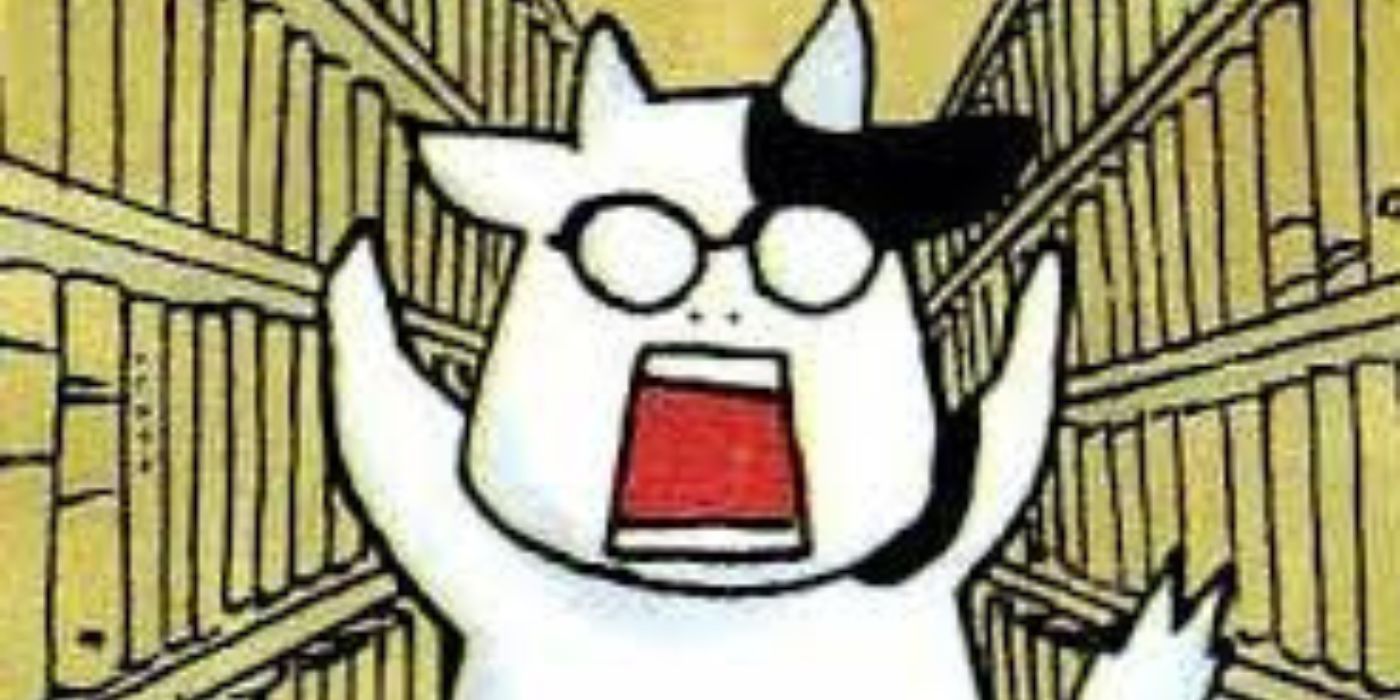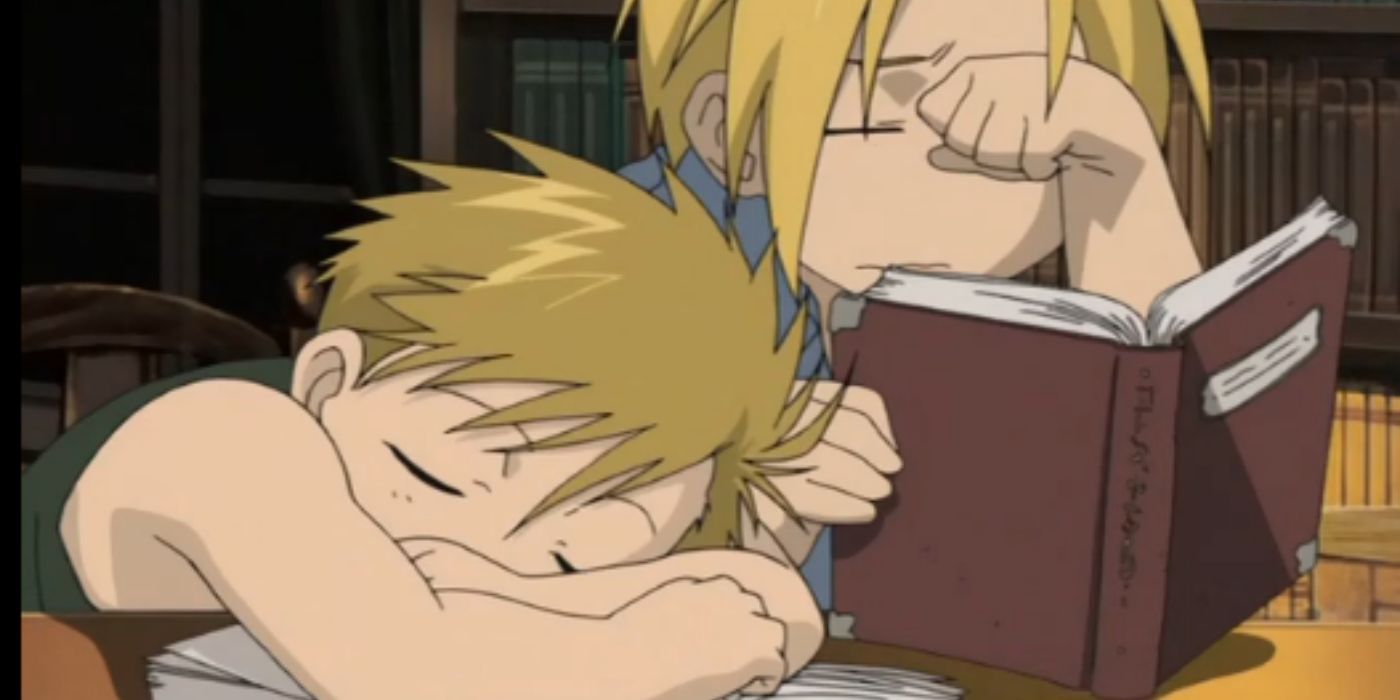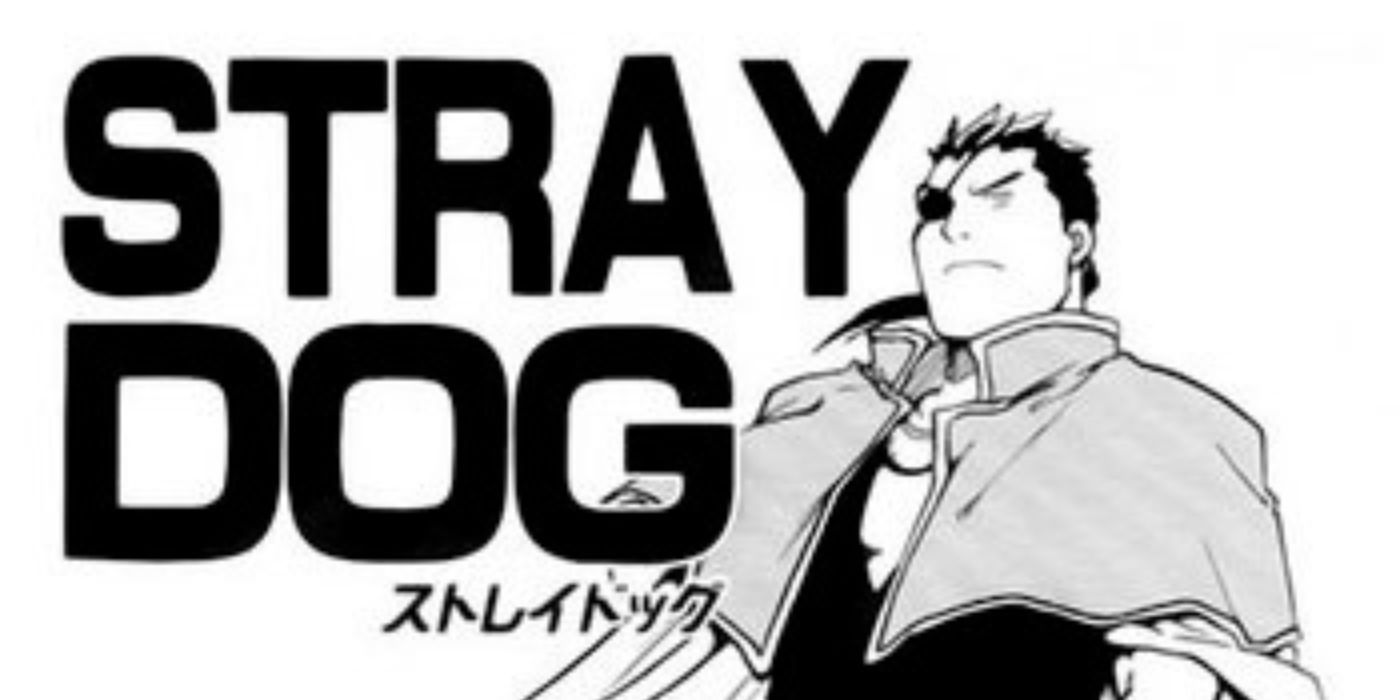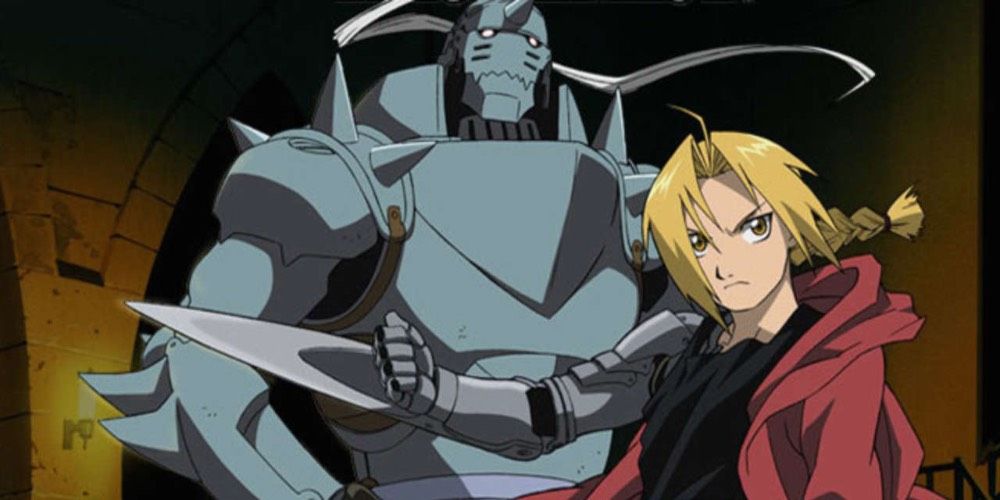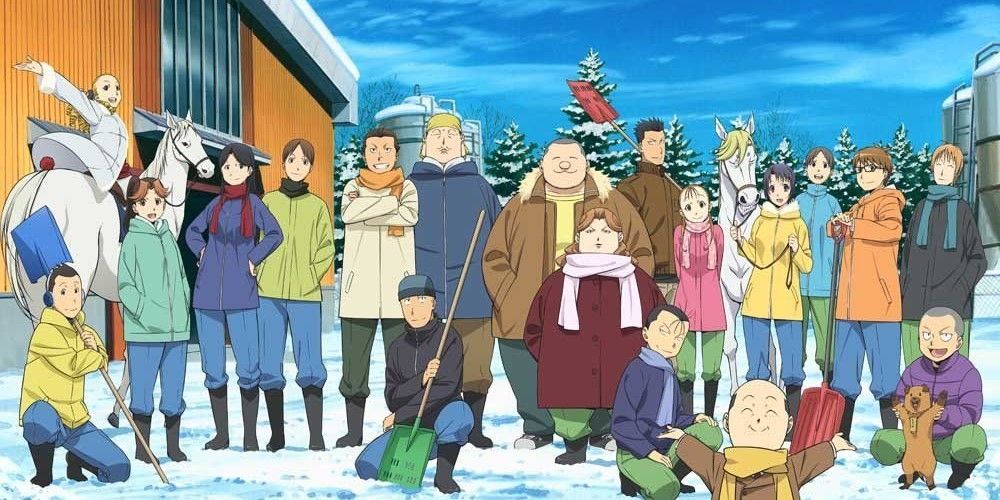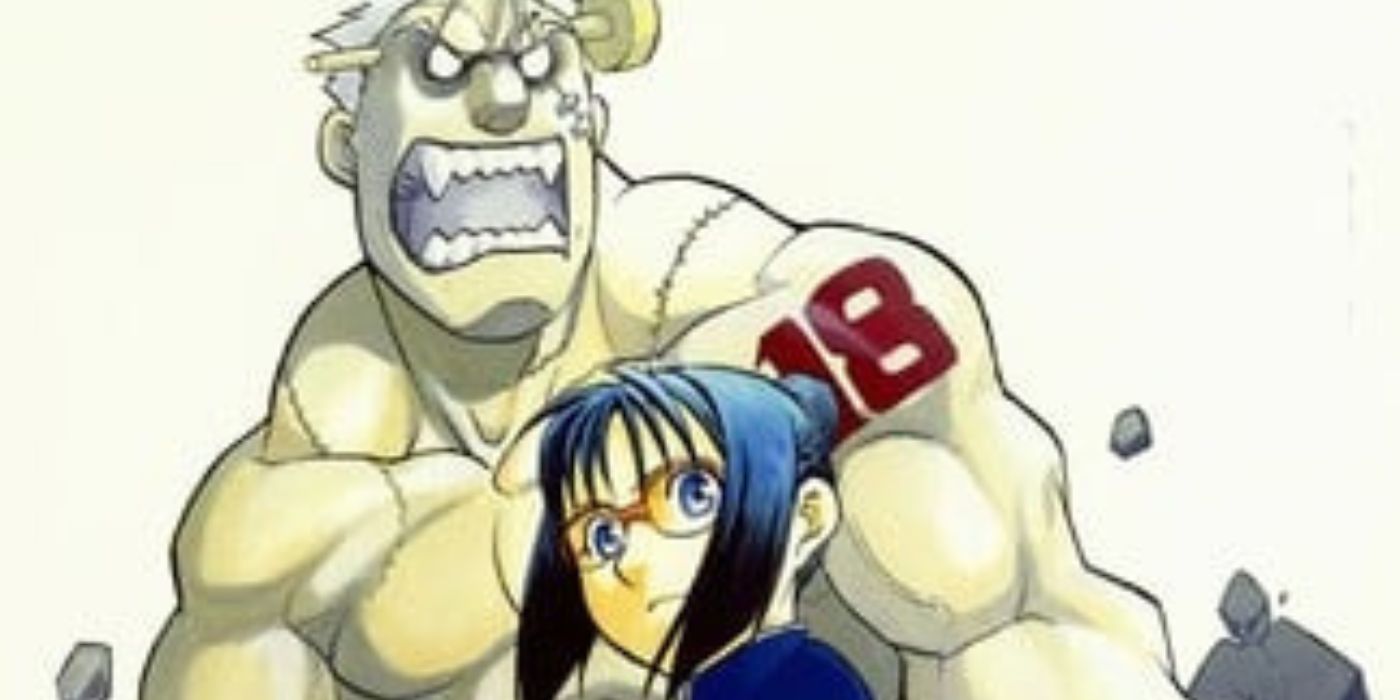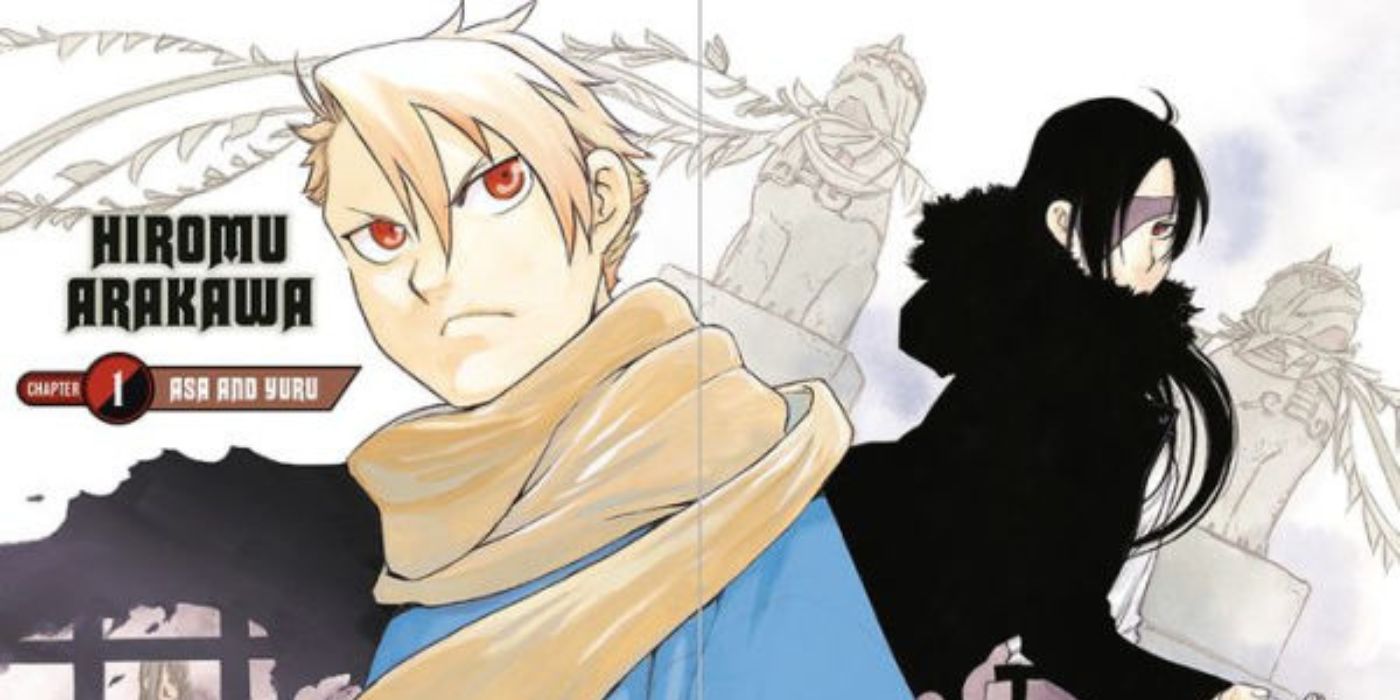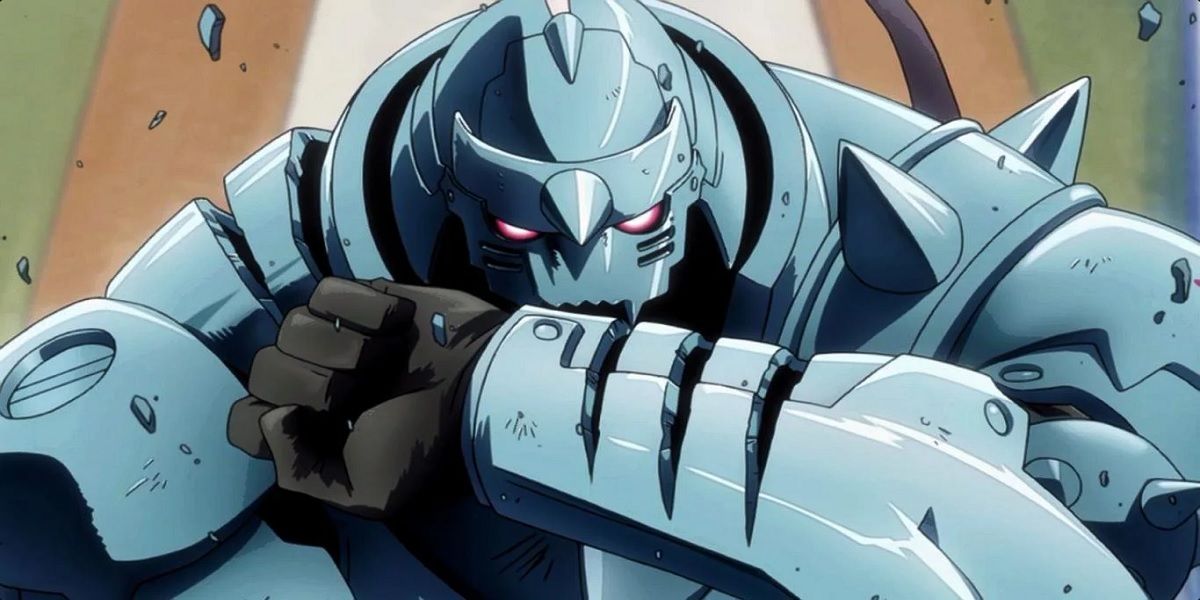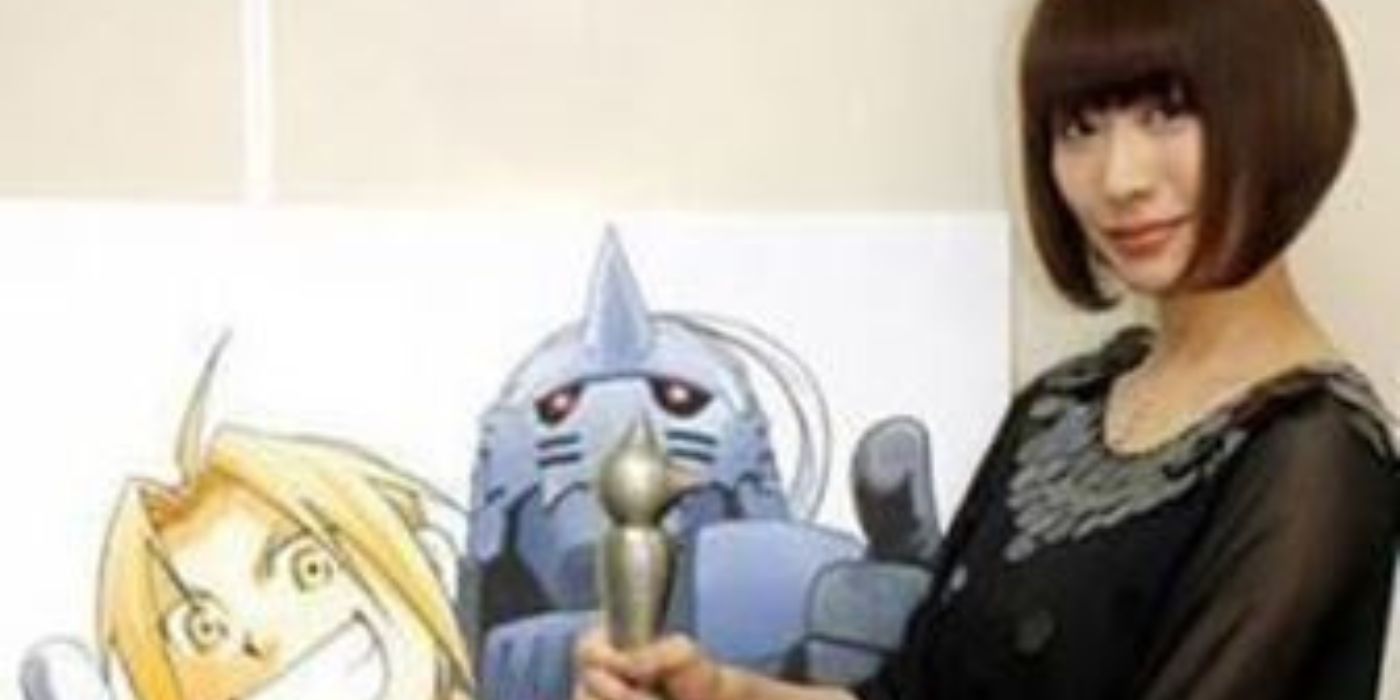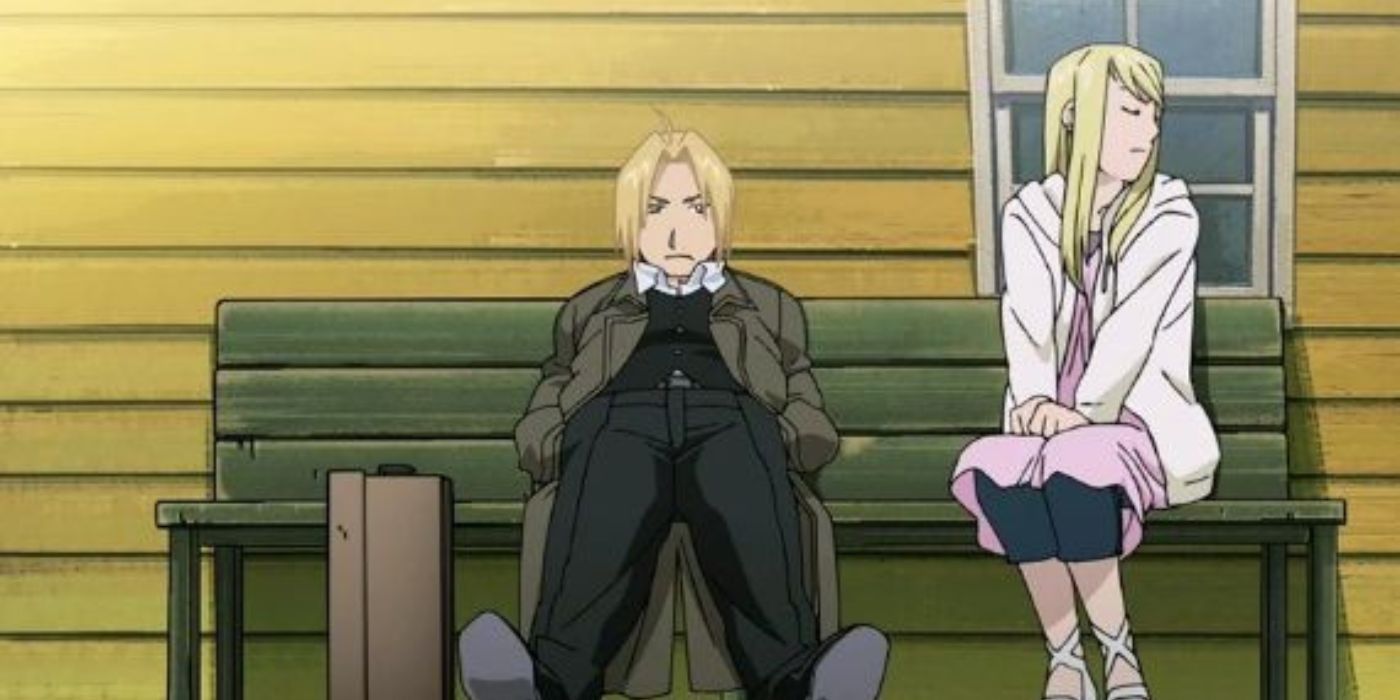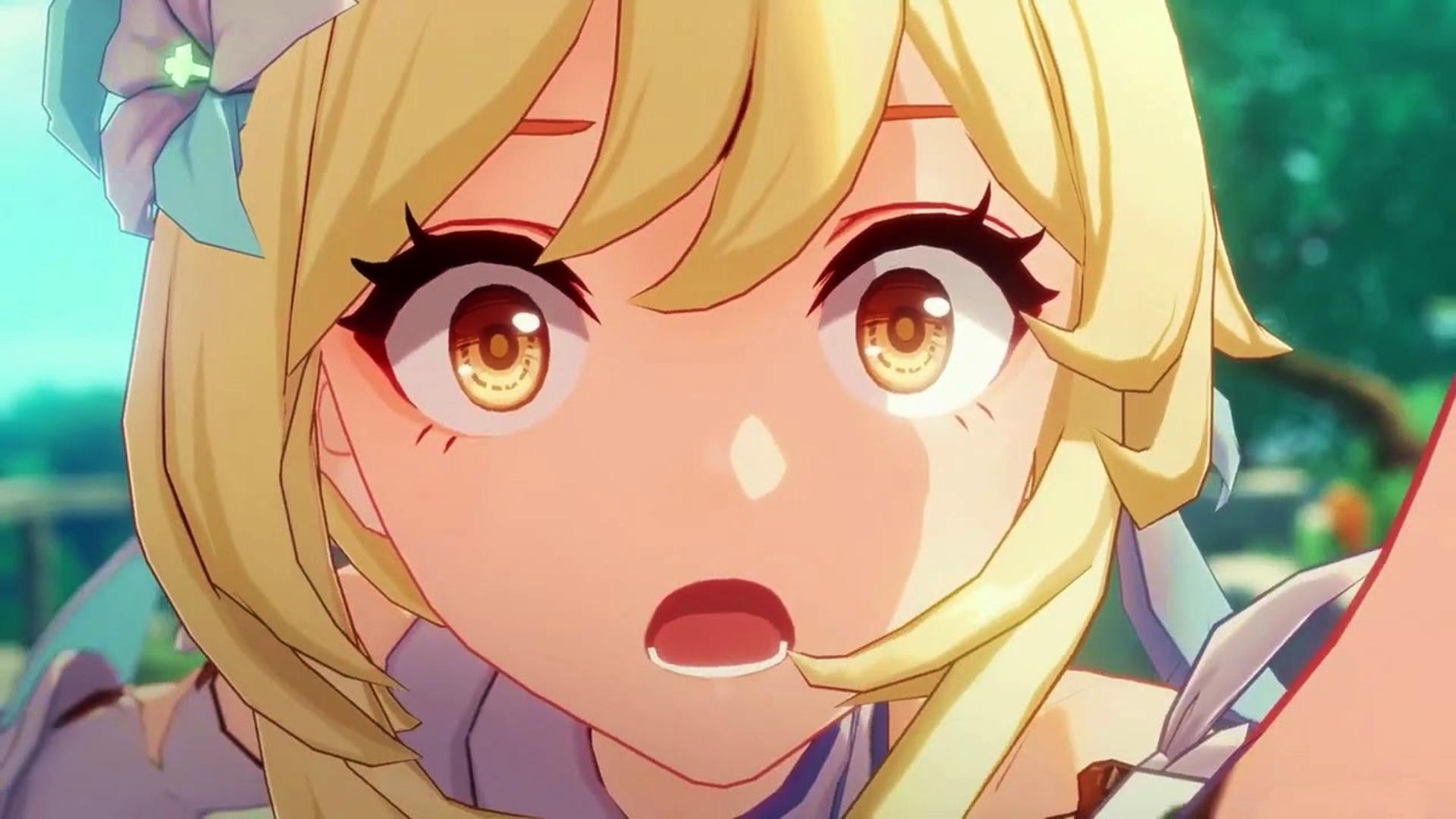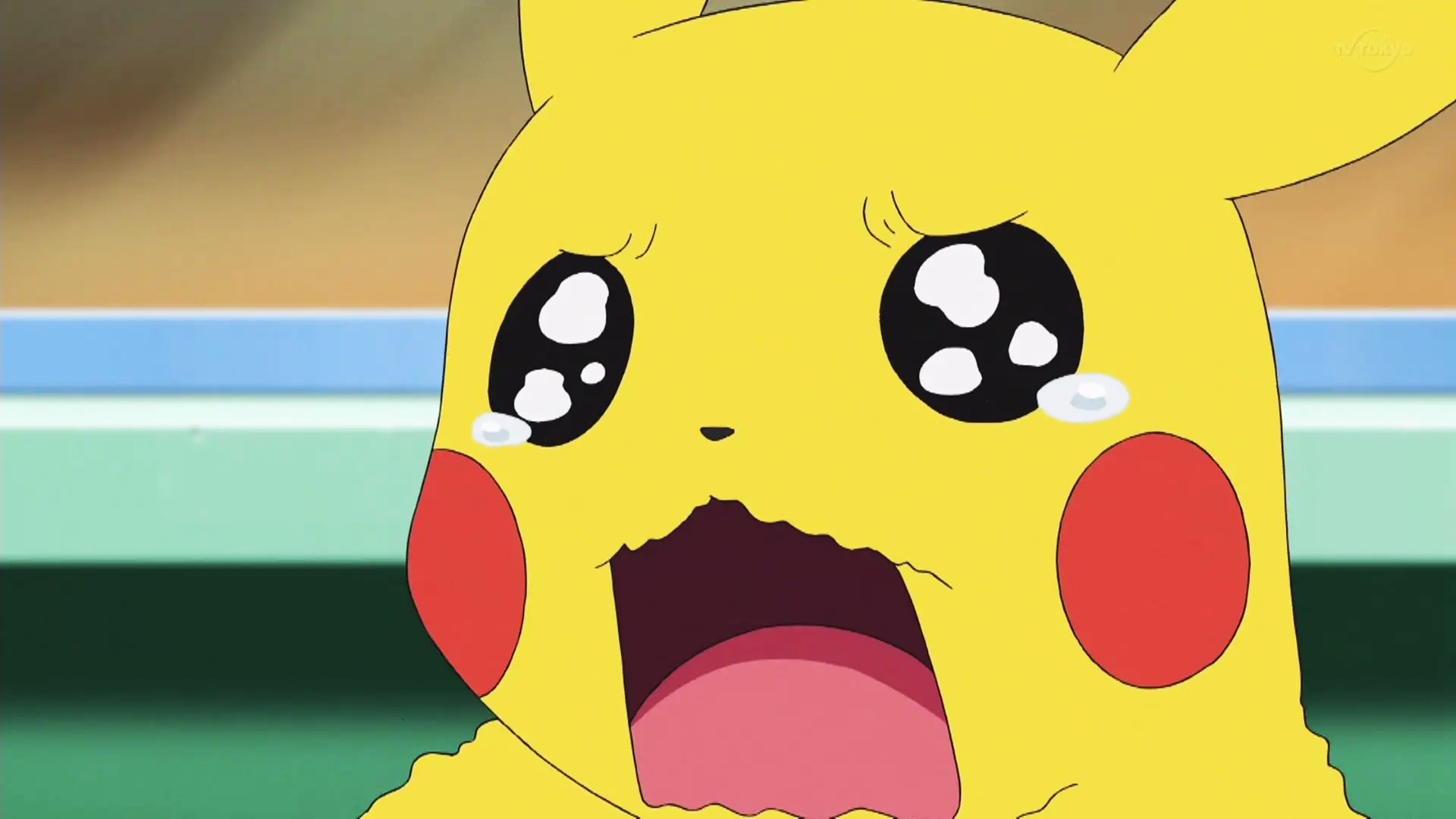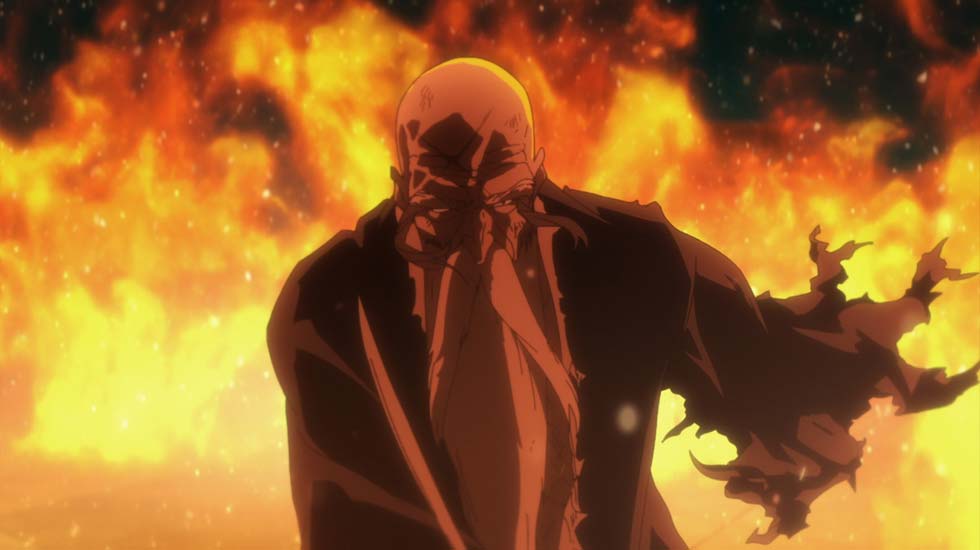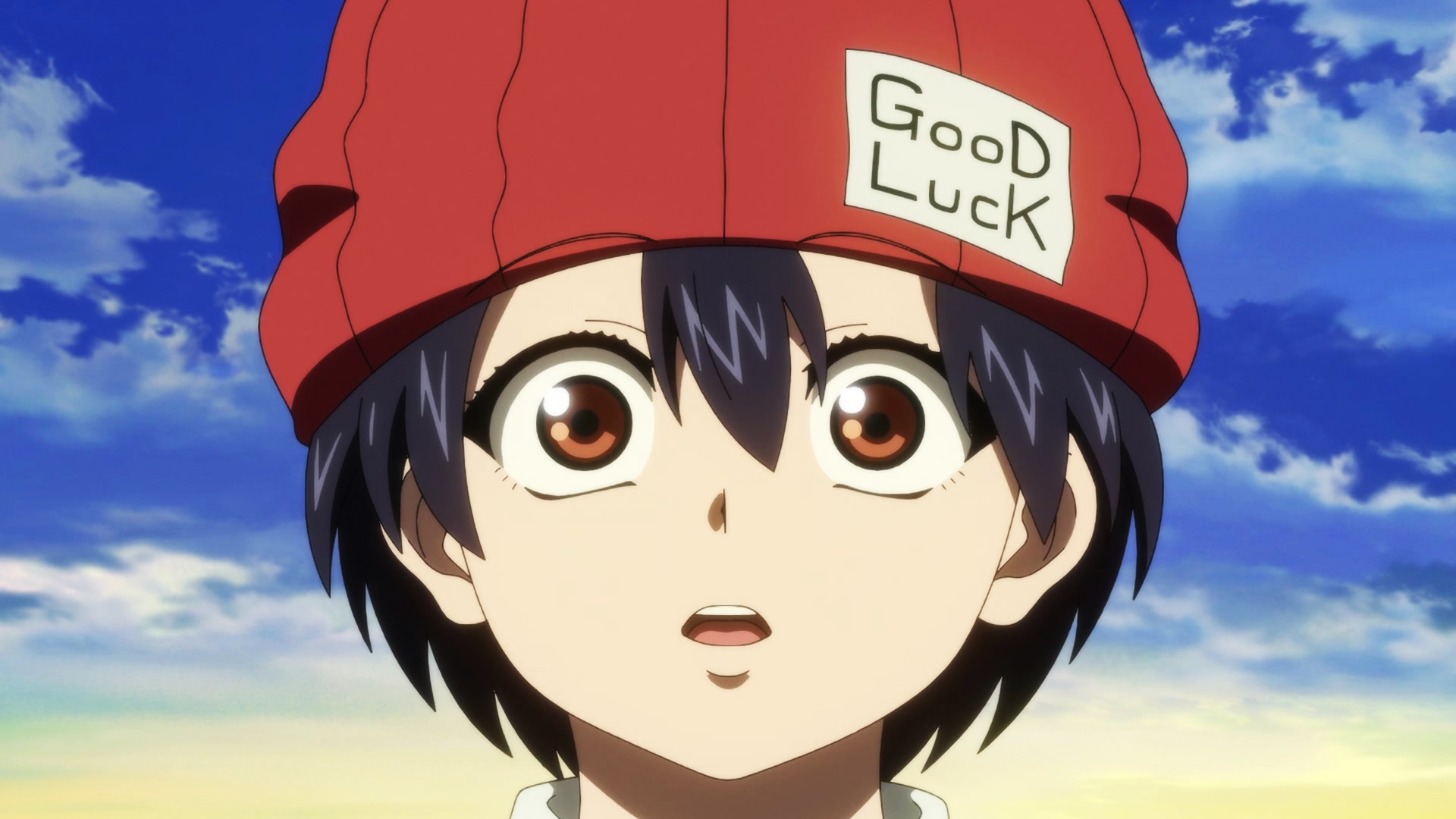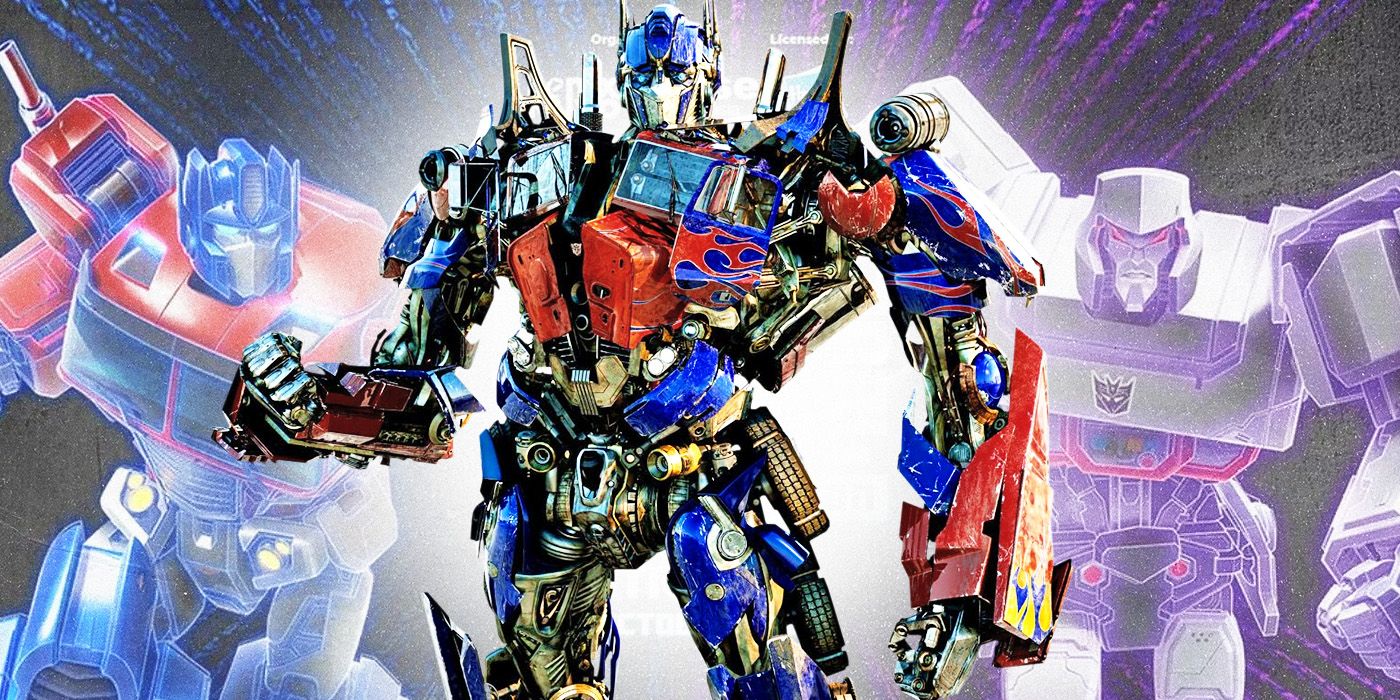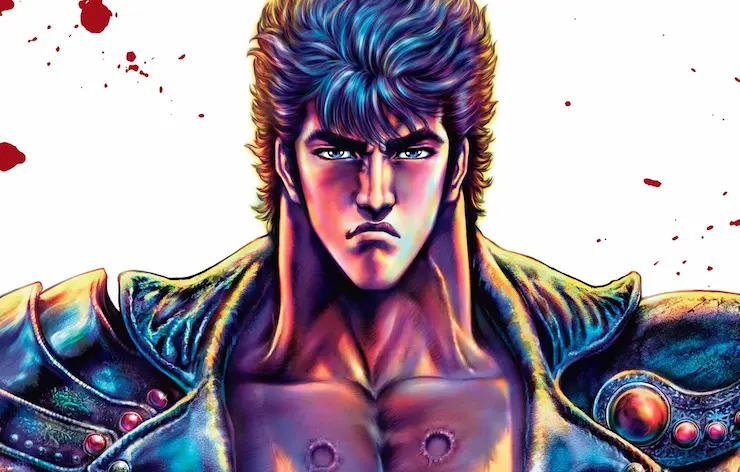Articles and Lists
Things You Didn't Know About Hiromu Arakawa
Advertisement
Fullmetal Alchemist is a beloved story that many fans still cite as their favorite title. However, there's much more to Arakawa than Fullmetal Alchemist that fans may not know.
Arakawa has worked for years as an artist and storyteller. Her tales captivate audiences with their sincerity and never fail to create epic adventures. She may have come from humble beginnings, but Arakawa always had her sights set on the dream of becoming a manga creator whose stories would reach millions.
10. Hokkaido Dairy Farm
Hiromu Arakawa was born on May 8, 1973, in Hokkaido, Japan. She grew up on a dairy farm, which inspired her later work, as well as her humorous self-portraits as a bespectacled cow. Although she never intended to work on a farm forever, her experiences of sacrifice and hard work are often reflected in her stories.
Arakawa dreamed of becoming a manga creator from a young age and always enjoyed creating. She eventually moved to Tokyo, where she now lives with her husband and three children.
9. The Arakawa Research
In a 2021 interview, Arakawa and Hajime Isayama (creator of Attack on Titan) discussed each other's work. They both admired each other's storytelling. However, when Isayama asked what Arakawa did in her research, her answer wasn't as dramatic as he'd imagined.
Arakawa explained that most of her research comes from reading. This is especially true when she studies cultures and historical events. It's not the flashiest answer, but Arakwa's tried-and-true method of gathering information helps her create her fascinating mythical stories.
8. Square Enix and Stray Dog
After Arakawa moved to Tokyo in 1999, she began working for Square Enix as an assistant to Hiroyuki Eto. Arakawa claims he helped her learn composition and drawing skills that helped her create her many short stories. However, her debut work was a work called Stray Dog, published the same year she began her career. Stray Dog even won the Shonen Gangan Award.
A few years and a few stories later, Arakawa created the manga of Fullmetal Alchemist. The debut chapter was first released in 2001 on Square Enix's Monthly Shonen Gangan, just like his first story.
7. Fullmetal Alchemist and Fullmetal Alchemist: Brotherhood
Arakawa's most notable work is Fullmetal Alchemist. The show inspired not just one anime, but two. The first anime, Fullmetal Alchemist premiered in 2003. Arakawa worked on developing the show, but since his manga series was not yet finished, the anime creators took the license and created their own ending to the story.
Years later, Fullmetal Alchemist: Brotherhood came out, which followed the manga more closely, especially the ending. It's said that Arakawa shared the ending with the show's director so they could get a sense of Arakawa's intentions for the story. Still, many fans feel the manga is much darker and more serious than any anime.
6. Silver Spoon
Silver Spoon is another notable creation by Arakawa. Since its anime adaptation, the series and manga have continued to grow their fan base. While most of Arakawa's other works involve fantasy, Silver Spoon opts for a realistic, grounded tone.
When asked about the gender change, Arakawa stated that she wanted to challenge herself. She wanted to prove to the world that she could create a coming-of-age story without the help of magic. The story of Silver Spoon is based on Arakawa's life on a dairy farm and her real-life experience attending an agricultural high school.
5. Other works by Arakawa
Arakawa has participated in many projects besides Fullmetal Alchemist. Furthermore, Stray Dog and Silver Spoon Arakawa also created or worked on Raiden-18, Hero Tales, The Noble Farmer, and The Heroic Legend of Arslan like some one-shots.
As Silver Spoon, Noble Farmer are reality-based stories about her real-life experiences. In the story, she discusses the diverse realities of working on a farm and the nutritional benefits of milk. The other series follow Arakawa's tried and true love of epic fantasy.
4. Arakawa's latest work
Arakawa has many stories to his name. His most recent venture, however, was only released in December 2021. The series has four volumes so far and was first translated into English in April 2023.
Yomi no Tsugai follows twins Asa and Yuru as they fight to reclaim their birthright as rulers of the Daemons. True to form, Arakawa's newest story is full of adventure and intrigue. Demons of the Shadow Realm also features fantasy elements like most of his other short stories.
3. Arakawa is like Alphonse
Growing up in a large family with three older sisters and a younger brother, Arakawa constantly learned from her older siblings. Arakawa stated that her older sisters were often loud and argued with their parents. However, she observed them and gradually learned how to avoid trouble. Arakawa cites this as the reason she feels most similar to Alphonse Elric.
Alphonse is a helpful character who tries to avoid conflict. He is generous and compassionate and has great respect for authority. Arakawa feels closer to Alphonse because she was the same as him as a child.
2. Arakawa Identity
Arakawa has always been quite shy about revealing her identity. Arakawa initially chose the pen name "Edmund Arakawa" because it's a masculine name, and she didn't want her target audience to shy away from a shonen series created by a woman. However, she ultimately settled on "Hiromu" Arakawa, as it was still close to her real name, Hiromi.
“Hiromu” and “Edmund” aren’t the only pseudonyms she uses. When Arakawa collaborated on the project Tales of heroes, she is credited under the name Huang Jin Zhou. Arakawa is known for being a private person, which would explain her having another pseudonym. Arakawa is so private that fans have trouble finding decent pictures of her.
1. Equivalent Exchange and Agriculture
One of the central tenets of Fullmetal Alchemist is the idea of "equivalent exchange." This concept asserts that to create something alchemical, something of equal value must be sacrificed in the process. Arakawa claims this idea stems from farm work.
According to Arakawa, the more work and care farmers dedicate to their animals and crops, the better and more abundant their income will be. Likewise, if a tragedy occurs, much more effort will be required to resolve the problem. Just like agriculture, Equivalent Exchange involves sacrificing much to reap greater benefits in the future.
